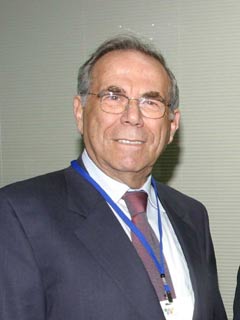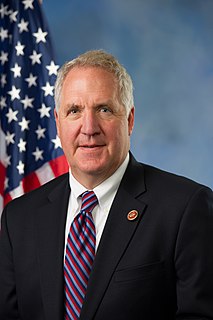A Quote by Elizabeth May
I would urge Rachel Notley to be more like Peter Lougheed. Lougheed had a sensible plan for the oil sands, which involved ancillary infrastructure like upgraders and refineries.
Related Quotes
Probably no single event highlights the strength of Campbell's argument (on peak oil) better than the rapid development of the Alberta tar sands. Bitumen, the world's ugliest and most expensive hydrocarbon, can never be a reasonable substitute for light oil due to its extreme capital, energy, and carbon intensity. Bitumen looks, smells, and behaves like asphalt; running an economy on it is akin to digging up our existing road infrastructure, melting it down, and enriching the goop with hydrogen until it becomes a sulfur-rich but marketable oil.
Instead of giving preference to oil imported from overseas, Washington should look to North American coal, oil shale and oil sands, all of which provide an affordable, abundant and alternative source of fuel. In addition to increasing cost effectiveness options for the government, it will also increase America's energy security.
I've been saying for a long time, and I think you'll agree, because I said it to you once, had we taken the oil - and we should have taken the oil - ISIS would not have been able to form either, because the oil was their primary source of income. And now they have the oil all over the place, including the oil - a lot of the oil in Libya, which was another one of her disasters.
We passed law that encouraged consumption through different purchasing habits like, you know, hybrid vehicles. You buy hybrid, you get a tax credit. We've encouraged the spread of ethanol as an alternative to crude oil. We have asked for Congress to pass regulatory relief so we can build more refineries to increase the supply of gasoline, hopefully taking the pressure off of price. And so the strategy is to recognize that dependency upon crude oil, in a global market, affects us economically here at home. And, therefore, we need to diversify away as quickly as possible.
































